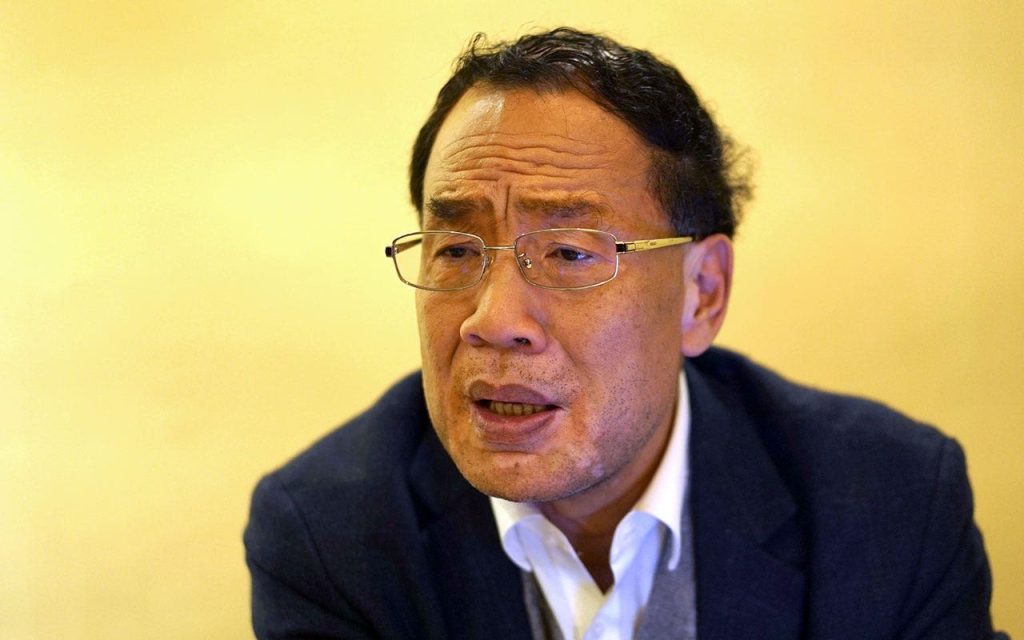Zhang Yongzhen, the first scientist to publish the COVID-19 virus sequence in China, recently staged a sit-in protest outside his lab after being locked out by authorities. Zhang and his team were evicted from their lab without warning, with guards barring him from entering when he attempted to return over the weekend. Despite being offered an alternative laboratory space, Zhang stated that it did not meet safety standards for their research, leaving his team in a state of uncertainty. This incident reflects Beijing’s ongoing pressure on scientists researching the coronavirus, as the Chinese government seeks to control information related to the virus.
An Associated Press investigation found that the Chinese government has frozen domestic and international efforts to trace the origins of the virus since the early days of the outbreak. This has led to labs being closed, collaborations disrupted, foreign scientists forced out, and Chinese researchers prohibited from leaving the country. Zhang’s troubles began when he decoded the virus and warned authorities in January 2020 about the potential for its spread. Despite pressure from Chinese officials, he published the virus sequence without government approval, which was crucial for the development of test kits, disease control measures, and vaccinations during the global pandemic.
Zhang’s defiance in publishing the virus sequence ultimately led to increased scrutiny of his lab by Chinese authorities. He was demoted from his post at the Chinese Center for Disease Control and Prevention and prevented from collaborating with former partners, severely impacting his ability to conduct research. Despite being awarded prizes for his work on the virus, Zhang has faced numerous setbacks, including eviction from his lab and being locked out by authorities. His recent protest outside the lab in response to his eviction highlights the ongoing challenges faced by scientists in China conducting research on the coronavirus.
The Shanghai Public Health Clinical Center, where Zhang’s lab is located, stated that the lab was being renovated for safety reasons, offering an alternative laboratory space to Zhang’s team. However, Zhang disputed that the alternative space provided did not meet safety standards for their research, leaving them in a state of limbo. This incident underscores the lengths to which Chinese authorities are willing to go to control information related to the virus and exert pressure on scientists like Zhang, who defy government regulations to publish crucial research.
Zhang’s work in decoding the virus made a significant impact in the global fight against COVID-19, enabling the development of critical tools to combat the pandemic. However, his decision to publish the virus sequence without government approval led to a series of repercussions, including eviction from his lab and loss of opportunities to collaborate with other researchers. Despite the challenges he has faced, Zhang remains committed to pursuing science and the truth, as evidenced by his protest outside his lab. His story reflects the ongoing struggle faced by scientists in China who seek to conduct research independent of government interference, particularly on sensitive topics like the origins of the coronavirus.


